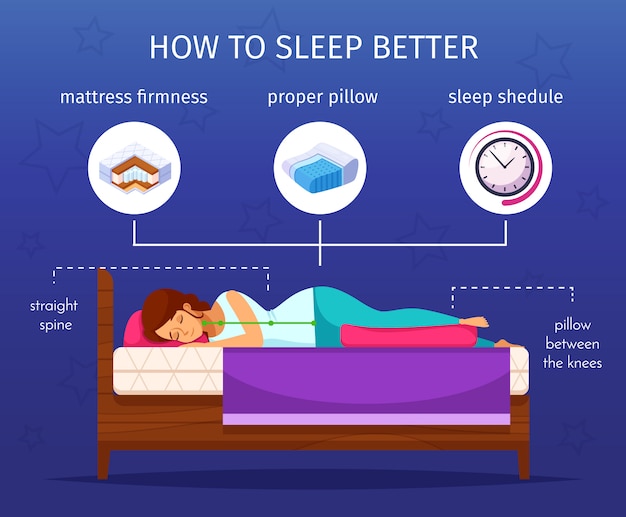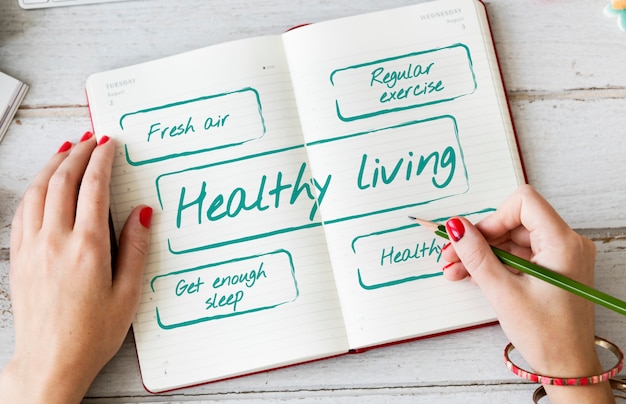
Imagine this: You wake up in the middle of the night, annoyed by the constant snoring from your partner. You nudge them, they mumble an apology, and then drift back to sleep. But just a few minutes later, the snoring starts again. Or maybe you wake up after a long slumber feeling like you’ve run a marathon. Your head pounds, you’re so tired and still have so much to do, leaving you wondering if all those hours asleep were wasted.
In both of these situations, you’re not haunted by a mysterious supernatural phenomenon. It’s likely just Sleep Apnea. This medical condition interrupts your breathing while you sleep at irregular intervals due to temporary collapses of throat muscles. This leads to periods of no breathing that can last from a few seconds to minutes, most often without the sufferer’s knowledge.
This condition might make you wake up with headaches, feeling low on energy or drowsy. One of the clear signs is snoring, which happens when expelled carbon dioxide forces its way past the collapsed throat muscles, creating a noisy byproduct.
What’s scary is that this condition often goes unnoticed since it strikes when you’re sound asleep. Even doctors can’t detect it during routine visits or through blood tests. Perhaps a family member, someone who shares your bed, might notice these signs first. But without knowing about Sleep Apnea, they might chalk it up to something else.
That said, not every snoring case or morning grogginess indicates Sleep Apnea. These symptoms need careful observation and tests for correct diagnosis. But what signs should you be aware of? Apart from snoring, look out for excessive sleepiness during daytime, fatigue, unrefreshing sleep, insomnia, frequent nighttime bathroom trips, waking up irritated, losing focus during the day, memory loss, morning headaches, even a decreased sexual drive.
More severe symptoms might include issues like high blood pressure, mood disorders, coronary artery disease, stroke, heart failure, and heart attack. These might seem unrelated, but a lack of restful sleep can contribute significantly to these conditions.
People who are obese, have a large neck size (17 inches or more for men, 16 inches or more for women), recessed jaws, or enlarged tongues and tonsils are also at higher risk. If you repeatedly notice these symptoms, don’t ignore them. Consult a doctor.
After evaluating your symptoms, a healthcare professional might recommend you visit a sleep disorder center. Here, a sleep specialist can guide you on further evaluations which may involve at-home tests or overnight monitoring of your breathing and other body functions during sleep.
The tests typically measure heart rate, blood oxygen level, airflow, and breathing patterns. If you do have Sleep Apnea, the results will show drops in oxygen levels during sleep. More comprehensive tests might monitor heart, breathing, lung, and brain activity, arm and leg movements, along with blood oxygen levels all while you sleep.
If you’ve got Obstructive Sleep Apnea, a condition where collapsed throat muscles prevent air flow while sleeping, a specialist like an ear, nose, and throat doctor might need to check for any blockages. In severe cases, when the brain doesn’t send proper signals to the lungs to breathe, known as Central Sleep Apnea, you may need to see a cardiologist or neurologist.
Remember, just like any health issue, knowing the problem is half the battle. If you’re experiencing any of the symptoms mentioned, reach out to a healthcare professional. It’s always better to be in-the-know than in-the-dark.









